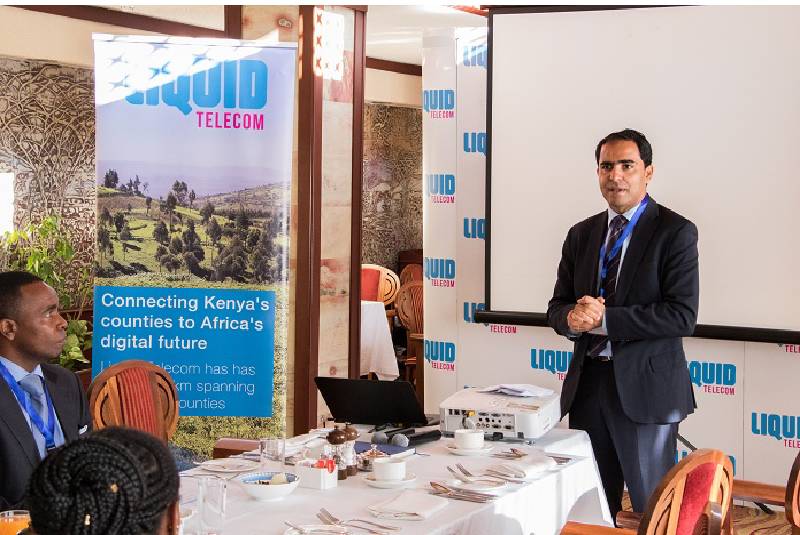×
The Standard e-Paper
Smart Minds Choose Us

Liquid Telecom has signed an agreement with Code for Africa to install air sensors in 3,000 stations in Kenya that will detect dangerous pollutants.
The sensors to be powered by the Liquid Telecom’s new Internet of Things Low Power Wide Area Network (Sigfox LPWAN) will be installed at the company’s towers across the country to help the firm reduce the managing costs from 18,000 to 1500 annually using traditional WiFi networks.